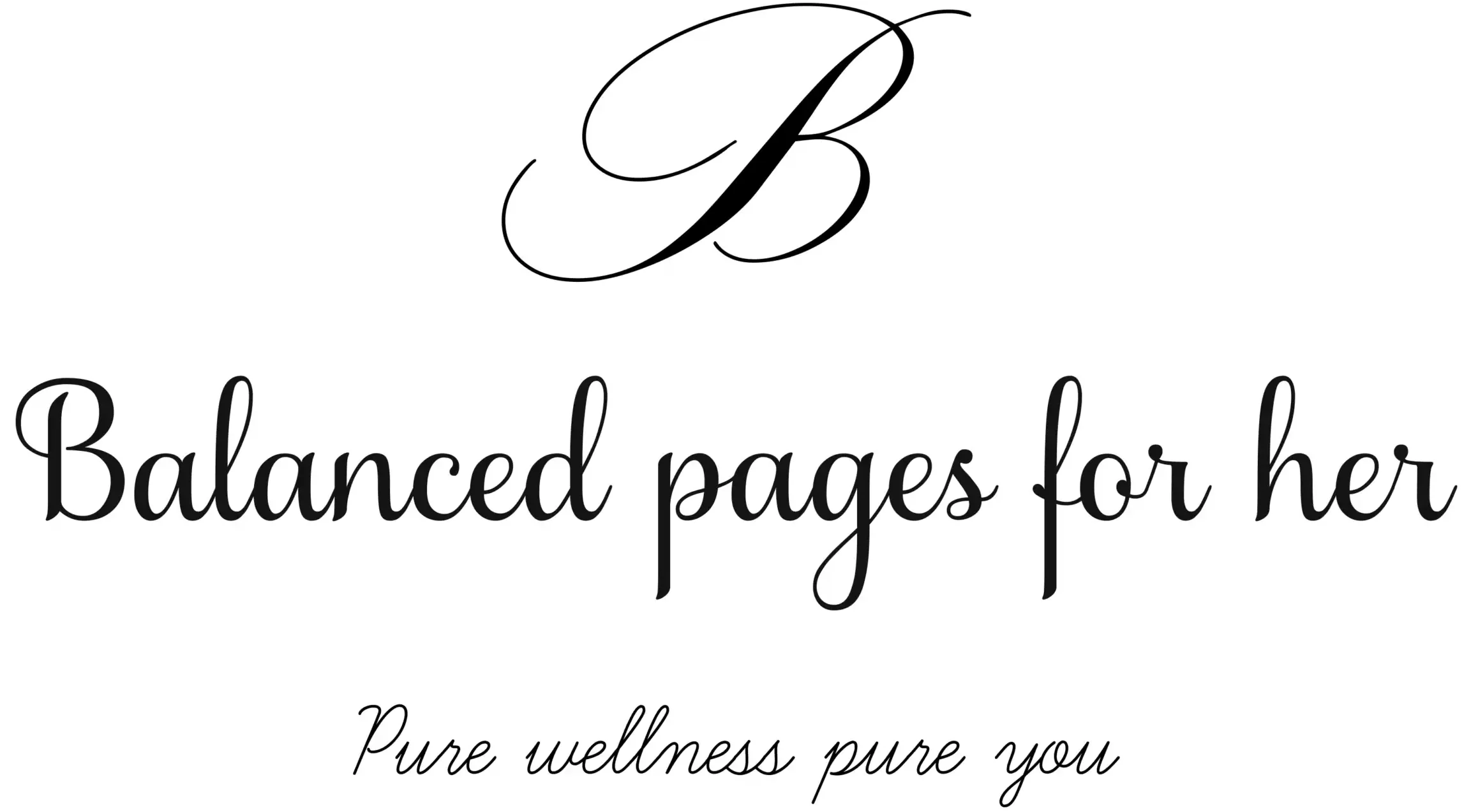“How to Say No Without Feeling Guilty: A Self-Care Guide”

Have you ever said “yes” to something you didn’t want to do—just to avoid disappointing someone? Whether it’s taking on extra work, agreeing to social plans when you’re exhausted, or volunteering for yet another committee, many of us struggle with saying “no.”
For women, this is especially common. We’re often conditioned to be helpful, accommodating, and “nice,” even when it means putting our own needs last. But here’s the truth: saying no is not selfish—it’s self-care.
In this guide, we’ll explore why saying no matters, how to do it without guilt, and the powerful ripple effect it has on your overall wellness.
1. Why Saying No Is So Hard
Saying no can feel uncomfortable because it goes against our desire to be liked and accepted. We worry about:
- Hurting someone’s feelings.
- Being seen as difficult or unkind.
- Missing out on opportunities.
- Creating conflict or tension.
These fears are valid, but constantly saying yes to everything often leads to burnout, stress, and resentment. The more you prioritize everyone else’s needs over your own, the less time and energy you have for what truly matters.
2. The Power of a Healthy No
When you say no, you’re not rejecting the person—you’re simply setting a boundary that protects your energy, time, and well-being. Saying no allows you to:
- Create space for what truly matters.
- Reduce overwhelm and avoid overcommitting.
- Build self-respect by honoring your needs.
- Show up fully for the things you do say yes to.
Think of “no” as a gift. Every time you say no to something that drains you, you’re saying yes to yourself.
3. Recognizing When to Say No
Not every request deserves a yes, even if it feels like it in the moment. Here’s how to recognize when to politely decline:
- You feel dread or resentment as soon as you think about saying yes.
- You’re already stretched thin and know adding one more thing will push you over the edge.
- The request doesn’t align with your values, goals, or priorities.
- You’re saying yes out of guilt, not genuine desire.
4. Letting Go of Guilt
Guilt is the #1 reason many of us struggle to set boundaries. Here’s how to reframe it:
- Remember your limits. You’re human, and your time and energy are finite.
- Saying no isn’t rejecting someone; it’s respecting yourself.
- You can still care deeply about someone and not do everything they ask.
- Think about what you’re modeling. If you have kids or colleagues, showing them how to set healthy boundaries teaches them to do the same.
5. How to Say No Gracefully
You don’t need to overexplain or come up with elaborate excuses. A simple, kind “no” is enough. Here are a few ways to do it:
5.1 The Gentle No
“Thank you for thinking of me, but I have to pass this time.”
5.2 The Delayed Response
If you feel pressured, buy yourself time:
“Let me check my schedule and get back to you.”
5.3 The Priorities Approach
“I’d love to help, but I need to focus on [priority] right now.”
5.4 The No with an Alternative
“I can’t commit to that, but I’d be happy to [offer a smaller favor or resource].”
5.5 The Firm, Kind No
“I really appreciate you asking, but I have to say no.”
6. Practice Makes Perfect
If you’re not used to saying no, it will feel uncomfortable at first—and that’s okay. Start small. Practice with less challenging situations, like turning down a store promotion or declining a free sample you don’t want.
The more you practice, the easier it becomes to set healthy boundaries without guilt.
7. The Connection Between Boundaries and Self-Care
When you say no to what drains you, you free up space for:
- Rest and recovery. Your mental health improves when you aren’t constantly overcommitted.
- Activities that bring joy. Time for hobbies, family, or simply doing nothing.
- Better relationships. Boundaries prevent resentment and keep your connections authentic.
Think of boundaries like fences around your garden. They don’t block out everything—they simply protect what you’re growing inside.
8. What to Do When Someone Pushes Back
Some people won’t like your boundaries, and that’s okay. It’s often a reflection of their expectations, not your worth. If someone insists or guilt-trips you:
- Repeat your answer calmly: “I understand you’re disappointed, but I really can’t.”
- Use the “broken record” technique—kindly repeat your no without giving new excuses.
- Remember: It’s not your job to manage other people’s feelings.
9. Affirmations to Help You Say No
Sometimes, we need a little mindset shift. Here are affirmations to remind yourself that saying no is an act of self-respect:
- “My time and energy are valuable.”
- “Every no creates space for something better.”
- “I’m allowed to put myself first.”
- “I can be kind and still say no.”
- “Rest and boundaries make me stronger.”
10. Final Thoughts: Your Yes Means More When It’s Honest
When you stop saying yes out of guilt, your “yes” becomes more meaningful. You’ll show up with more energy, love, and enthusiasm for the things that truly matter.
Saying no is not about closing doors—it’s about choosing the right ones to walk through. The next time you feel that twinge of guilt, remember: no is a complete sentence. And it’s one of the most powerful tools in your self-care toolbox.


